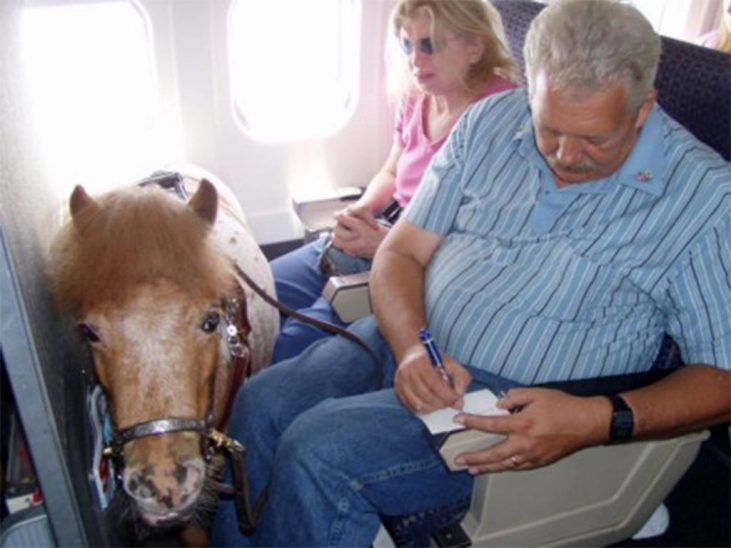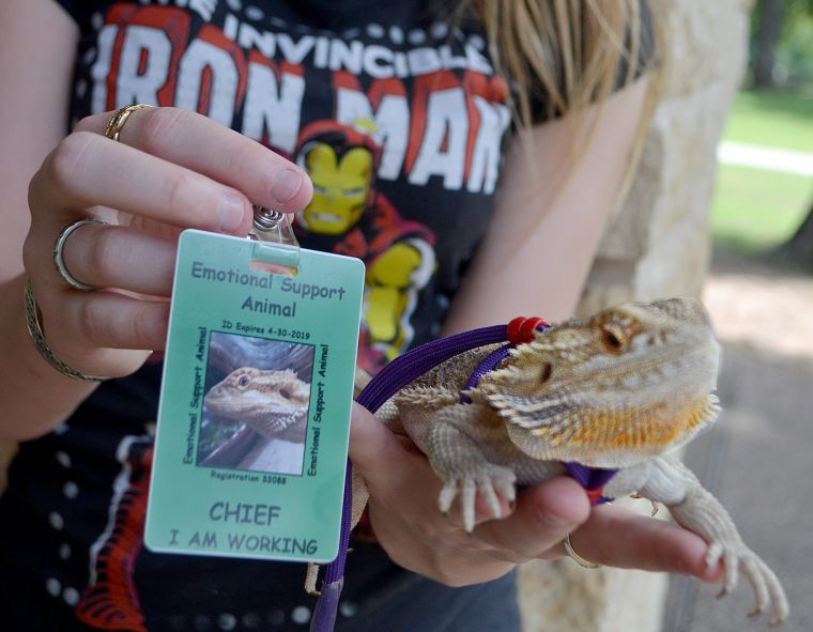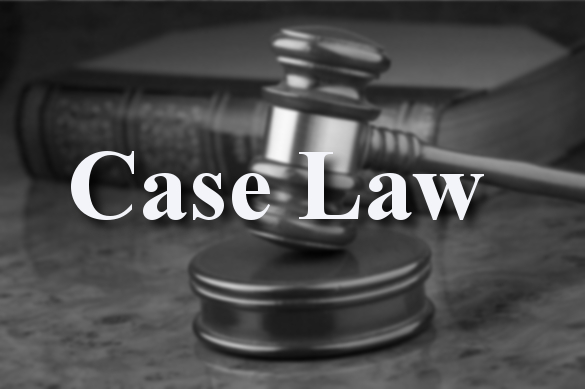
Emotional Support Mini-horse!

Emotional Support Bearded Dragon Lizard!
An important new notice released on January 28, 2020 from the United States Department of Housing and Urban Development provides new guidelines for dealing with Service and Support Animals. This notice explains certain obligations of housing providers under the Fair Housing Act (FHA) with respect to animals that individuals with disabilities may request as reasonable accommodations.
There are two sections to this notice. The first, “Assessing a Person’s Request to Have an Animal as a Reasonable Accommodation Under the Fair Housing Act,” recommends a set of best practices for complying with the FHA when assessing accommodation requests involving animals to assist housing providers and help them avoid violations of the FHA. The second section to this notice, “Guidance on Documenting an Individual’s Need for Assistance Animals in Housing,” provides guidance on information that an individual seeking a reasonable accommodation for an assistance animal may need to provide to a housing provider about his or her disability-related need for the requested accommodation, including supporting information from a health care professional.
Considering this notice replaces the previous HUD guidelines it is important for all of Florida’s community associations to check with their attorney immediately to ensure its practices and policies meet or exceed these new guidelines.
A copy of HUD’s New Notice and Guidelines for Dealing With Service and Support Animals can be download by clicking here: HUDAsstAnimalNC1-28-2020
 It’s the Law.
It’s the Law.


